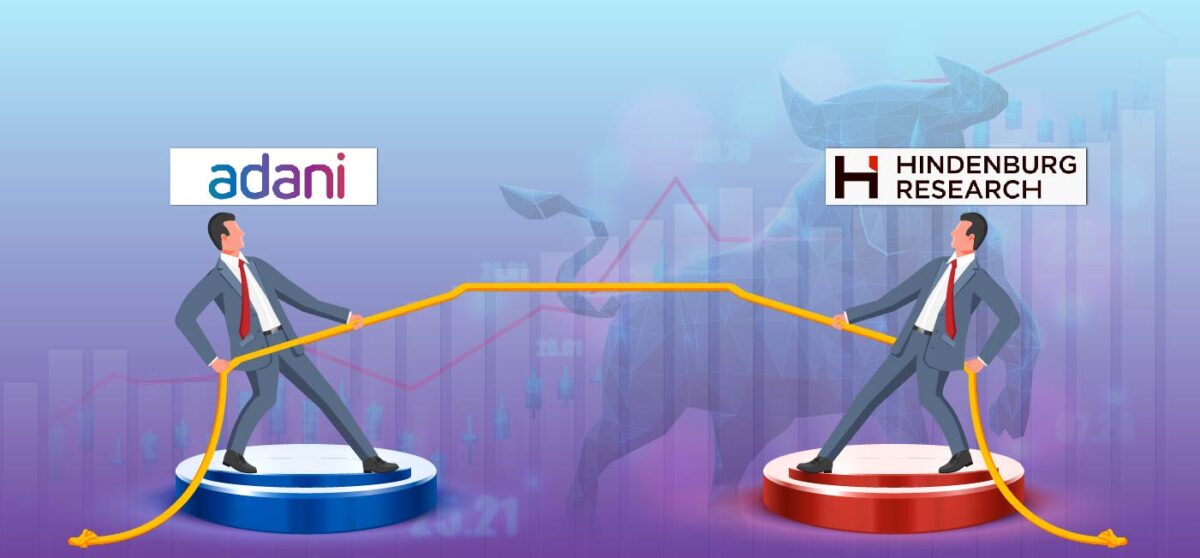According to PTI, which cited senior government sources, the Center is considering revising ethanol prices for the following season beginning in November 2024 in an attempt to encourage production and meet the 20 percent blending target by 2025–2026.
The government could encourage feedstock diversification by implementing the suggestion.
The proposal has already been the subject of one round of deliberations by a group from the petroleum ministry led by a joint secretary. They said that the price of sugarcane will be the basis for the revision of ethanol prices, which will be fair and compensatory.
“In order to meet our blending goals and encourage production, the price revision is being considered on a priority basis,” the source stated, demanding anonymity.
The majority of stocks in the sugar and ethanol industries saw market rises after the announcement.
Balrampur Chini Mills, a sugar and ethanol manufacturer, posted big gains as it was trading 5.19 percent higher at Rs 520.85 on NSE at 13:57 pm. Another manufacturer, Shree Renuka Sugars was trading 3.79 percent higher at Rs 47.91 on NSE, while Praj Industries gained 2.69 percent to trade at Rs 725.8.
Last week, cooperation minister Amit Shah called for a multi-dimensional approach to biofuel manufacturing and affirmed that India would achieve its 20 per cent ethanol blending target by 2025-26, ahead of the original 2030 deadline.
Ethanol prices, fixed by the government, have remained unchanged since the 2022-23 season (November-October). Currently, ethanol produced from cane juice is priced at Rs 65.61 per litre, while rates for ethanol from B-Heavy and C-Heavy molasses stood at Rs 60.73 and Rs 56.28 per litre, respectively.


